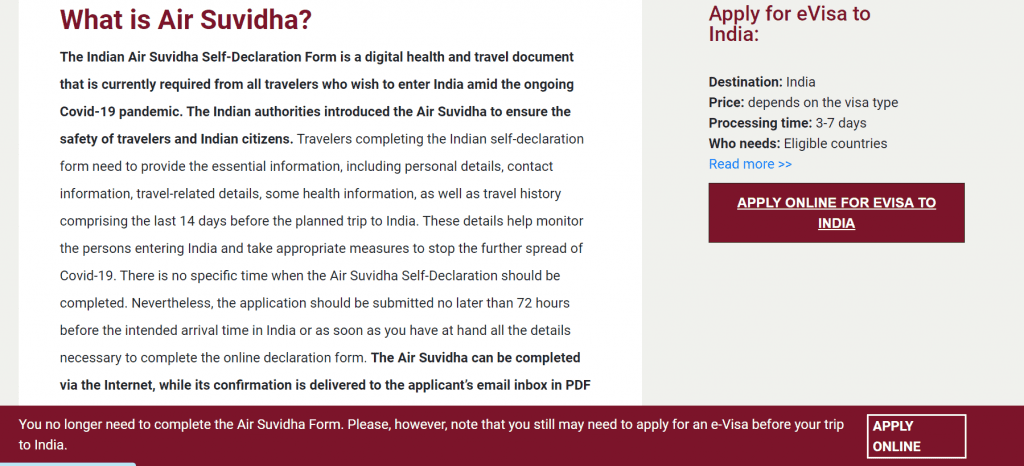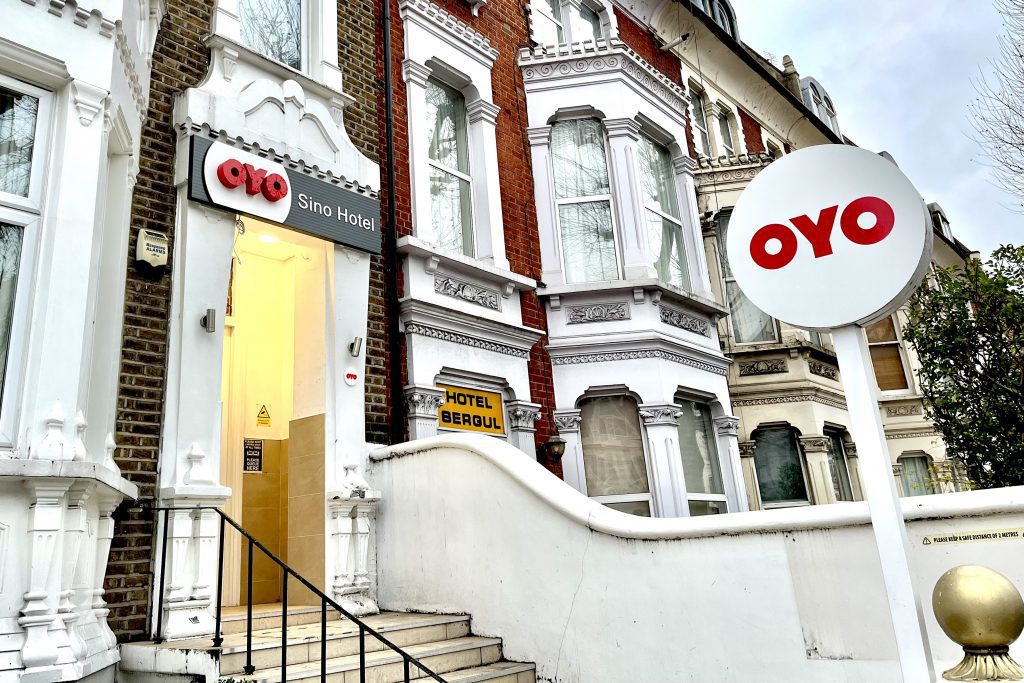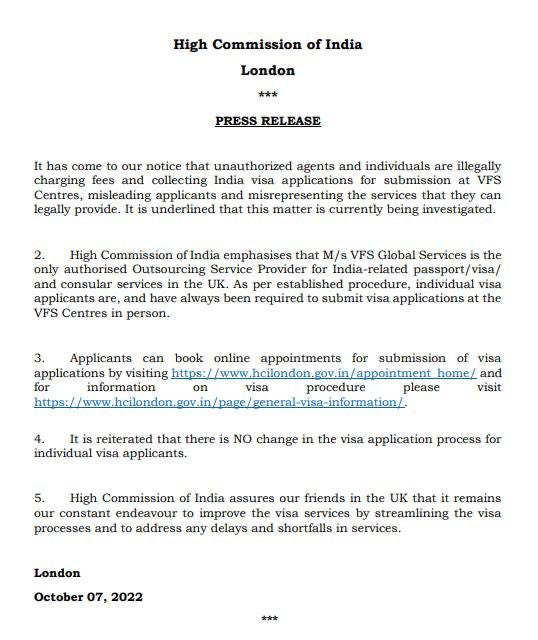Indian carrier Vistara reported its first-ever net profit for the quarter ending December 2022, according to statement from the airline on Monday.
The full-service carrier, a joint venture of Tata Sons and Singapore Airlines, reported break even for the first time since its inception in 2015 as it crossed the $1 billion revenue mark and remained earnings before interest, taxes, depreciation, and amortization positive in the current fiscal year.
In 2022, Vistara reported that it grew its international network by over 180 percent adding seven routes including three new destinations — Muscat, Jeddah and Abu Dhabi.
The airline said that it grew its domestic network by over 50 percent, by adding six new routes and two new destinations — Coimbatore and Jaipur.
While the airline did not share numbers, but for the quarter ending December 2022, it reported a 37 percent growth in capacity and a passenger increase of 47 percent compared to the same period last year.
Since July 2022, the airline has maintained its position as the second largest domestic airline in India, flying more than 11 million passengers in the calendar year 2022.
Vistara also registered a 11 percent year-on-year growth in the member base for its frequent flyer program — Club Vistara.
The airline currently operates close to 8,500 flights per month.
“With significant network and fleet expansion and sustained growth over the last few months, 2022 has been a phenomenal year for Vistara, in terms of our operational and financial performance,” Vinod Kannan, Vistara CEO, said.
Speaking earlier to Skift in an interview, Kannan had mentioned that the element of revenge travel has worked for the airline.Vistara is also getting ready for a merger with Air India, the erstwhile Indian state carrier, that had been acquired by Tata Sons, via its subsidiary, Talace, early last year as part of a $2.4 billion deal.
The Vistara-Air India merger is said to be completed by March 2024, following which Air India shall be India’s largest international carrier and second largest domestic carrier with a combined fleet of 218 aircraft.



